USA: Martin Soros’ speech addressed to Church leaders has been released
Article nr. 3: For every millennial who comes to the Church, six leave. He raises his voice for a pastoral reaction
“The theory is irrefutably useless if we do not apply it to our lives”
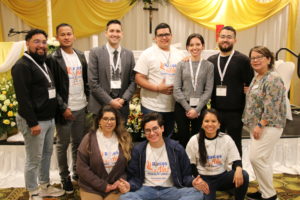 “In parishes across the country, the Catechism of the Catholic Church is being taught. What is right and what is wrong. I propose this: learning the Catechism, the doctrine, to know it and have it memorized by heart is absolutely and irrefutably useless if we do not know how to apply it, to integrate it into our personal lives,” said Martin Soros (18) in his speech after receiving the “Alas de la Pastoral Hispana Award” (Wings of Hispanic Ministry) from the National Catholic Council for Hispanic Ministry (NCCHM).
“In parishes across the country, the Catechism of the Catholic Church is being taught. What is right and what is wrong. I propose this: learning the Catechism, the doctrine, to know it and have it memorized by heart is absolutely and irrefutably useless if we do not know how to apply it, to integrate it into our personal lives,” said Martin Soros (18) in his speech after receiving the “Alas de la Pastoral Hispana Award” (Wings of Hispanic Ministry) from the National Catholic Council for Hispanic Ministry (NCCHM).
The award was presented to him at the Raíces y Alas Congress, which took place in Washington, DC, last April, in the presence of 400 representatives of Hispanic Ministry; 15 bishops; the nuncio to the United States, Archbishop Christophe Pierre; the president of the US Episcopate, Archbishop José Gomez; authorities of CELAM, the Latin American Episcopal Council; the secretaries of the Pontifical Commission for Latin America, Dr. Rodrigo Guerra López and Dr. Emilce Cuda; and the secretary of the Vatican’s Dicastery for Communication, Msgr. Lucio Ruiz.
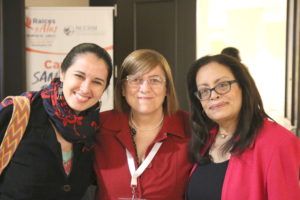 Catechesis “has to generate that relationship, the relationship of the catechist with the young person is the foundation for the relationship of the young person with God, with the community. If a young person does not feel the love of their father, of their mother, of their community, of the priest, of the catechist, how are they going to understand what the love of God is?”, can be heard in the video of the above mentioned speech, which has just been published on the NCCHM.us website, spoken in Spanish and with English subtitles.
Catechesis “has to generate that relationship, the relationship of the catechist with the young person is the foundation for the relationship of the young person with God, with the community. If a young person does not feel the love of their father, of their mother, of their community, of the priest, of the catechist, how are they going to understand what the love of God is?”, can be heard in the video of the above mentioned speech, which has just been published on the NCCHM.us website, spoken in Spanish and with English subtitles.
Clever call to the US Bishops
In his speech, Martin calls the attention of the US Bishops. He remarks that Bishop Robert Barron mentioned in the November 2019 General Assembly that for every millennial who comes to the Church, six leave it, thus motivating the Bishops to react to this alarming reality. Martin mischievously draws conclusions of what he thinks would have been the general reaction of the Bishops and surprises the listeners with suspense.
And he continued: “We have to face the greatest internal obstacle, I believe, that the Church faces today. And that is polarization. Young people are leaving en masse. And what are we doing? We are discussing which politician can or cannot receive communion. I’m not saying that’s not an important thing. It is something important. But there are also very important things that are not being talked about.”
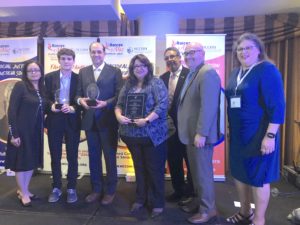 About the reality of young people in general, in relation to the Church, Martin said: “Young people who perhaps do not have much, or any, relationship with the Church, the only thing they know about it is that. What is a young person going to think? I believe they will think that the bishops are in the clouds debating theology and they don’t care about my life, my situation, my experiences, my suffering. And how can they give me an answer if that is the case?”
About the reality of young people in general, in relation to the Church, Martin said: “Young people who perhaps do not have much, or any, relationship with the Church, the only thing they know about it is that. What is a young person going to think? I believe they will think that the bishops are in the clouds debating theology and they don’t care about my life, my situation, my experiences, my suffering. And how can they give me an answer if that is the case?”
He then concluded the idea: “It is as if we have a ship, which is on the shore, and it begins to leave the coast, and a hurricane begins to approach, water begins to enter the ship, people jump, and the captain and the sailors are discussing: what is the best way to measure the wind: by kilometers or miles per hour?”.
What would we do if our company lost six customers for every one it gained?
Comparing for a moment the losses of the Church to a company, the speaker said: “Imagine that you have a company selling paper, imagine that for every customer that comes in, you lose six. It would be a crisis, wouldn’t it? Of course! And you would do everything possible to solve it. But at the end of the day, if it doesn’t work, that’s fine. You start another company, you have another product. Now, imagine that the product is not paper, but that it is the solution to all the problems that the world has today. And we know that this product can change everyone’s life. Then we would give everything we have to solve this crisis. One would make an absolute revolution in marketing strategy, communication, product sales.”
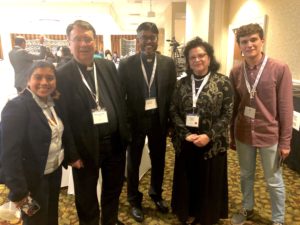 And he continued, “Brothers and sisters, I know that the Church is not a business. But if it were a business, our product would be the Gospel. That is what we want to transmit to the world. And we have to give it everything we have, to make it reach the world. But if that ‘product’ that we have to offer to the world, is so life-changing, so revolutionary, why are young people leaving the Church in droves?”
And he continued, “Brothers and sisters, I know that the Church is not a business. But if it were a business, our product would be the Gospel. That is what we want to transmit to the world. And we have to give it everything we have, to make it reach the world. But if that ‘product’ that we have to offer to the world, is so life-changing, so revolutionary, why are young people leaving the Church in droves?”
Applause, gratitude, and challenges
Martin concluded his speech by sharing suggestions on what he believes Church leaders should do to listen more to young people, understand and value them, and in this way contribute to bringing them closer to the Church and to the Lord.
He also mentioned the importance of the Church’s tradition going hand in hand, in communion, with a Church that goes out in search of people to lead them to Jesus, inspired by the Holy Spirit.
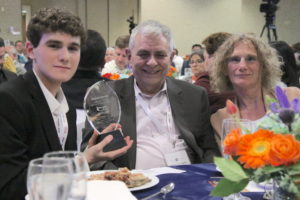 The participants applauded several times during the speech, and especially at the end, with a standing ovation. Young people, adults and several bishops approached Martin to thank him for the clarity of his message, which was presented in full childlikeness, in communion with the Bishops, with clear and at the same time fraternal words, in a deep spirit of family.
The participants applauded several times during the speech, and especially at the end, with a standing ovation. Young people, adults and several bishops approached Martin to thank him for the clarity of his message, which was presented in full childlikeness, in communion with the Bishops, with clear and at the same time fraternal words, in a deep spirit of family.
The question remains whether the U.S. Church will respond pastorally and with determination to the challenge posed by Bishop Barron at the 2019 Assembly of Bishops and taken up by Martin Soros at the Raíces y Alas Congress in 2022.
Below you can access the video of Martin Soros’ speech.
Related
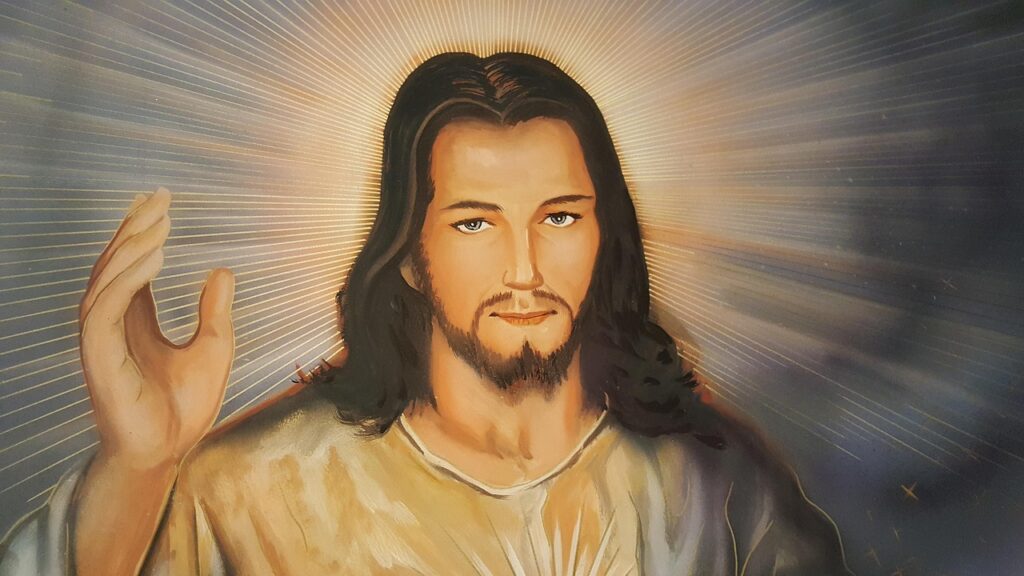
A Call for Peace in 16 Languages in Krakow and Across Six Continents
Heschel Centre for Catholic-Jewish Relations at the Catholic University of Lublin
11 March, 2025
2 min

The Spirit led him through the desert, while he was tempted: Fr. Jorge Miró
Jorge Miró
09 March, 2025
3 min

Reflection by Monsignor Enrique Díaz: Temptations
Enrique Díaz
08 March, 2025
6 min

The Church in Mexico calls to promote the culture of life in the Jubilee of Hope 2025
Exaudi Staff
06 March, 2025
1 min
 (EN)
(EN)
 (ES)
(ES)
 (IT)
(IT)

